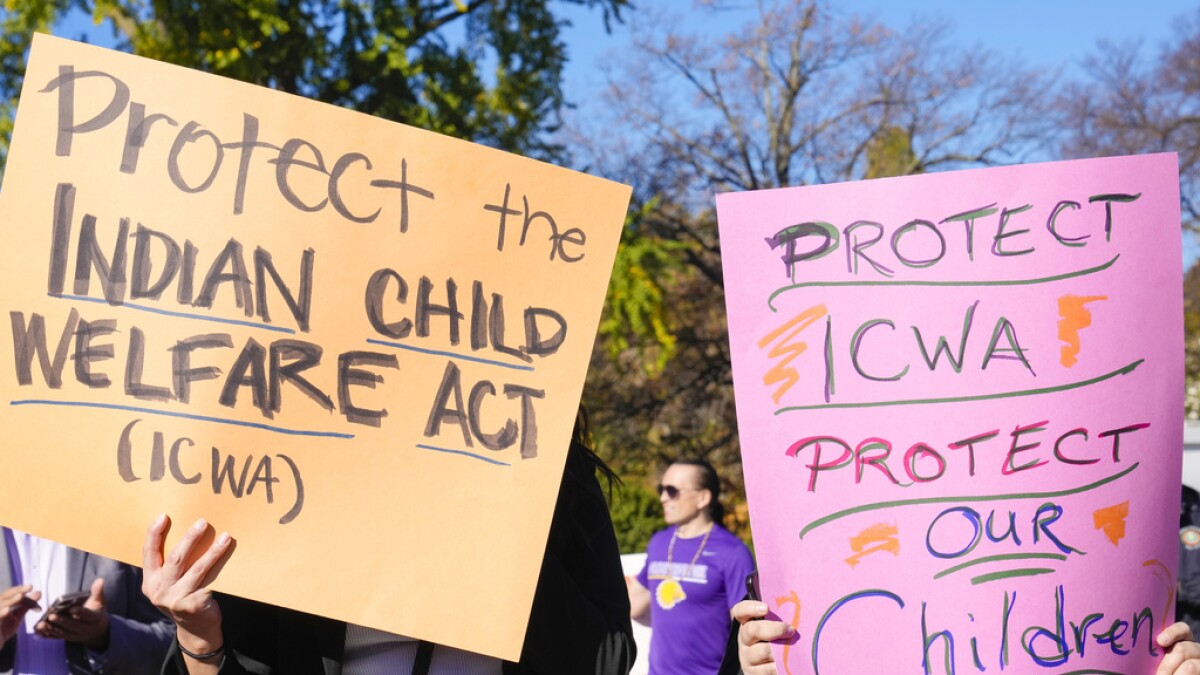Billings, Montana – In recent litigation, the Indian Child Welfare Act (ICWA) was contested as being illegal on the grounds of race.
It gives preference to native adoptions into tribe families or within native families over state-run child welfare services’ placement of native children in non-native families.
The establishment of ICWA, according to Ta’jin Perez, Deputy Director of Western Native Voice, a non-profit organization that promotes the rights of indigenous people in public policy, enables native children to uphold the traditional values of Indian tribes.
“Indigenous children are overrepresented across the board when it comes to involvement in child welfare, adoption out, or for placements in foster care. When you have custody issues and child welfare issues, it’s always important to maintain that connection to culture as well as to tribal citizenship,” added Perez.
For states like Montana, where the proportion of Native children in foster care is far higher than that of Non-Native children, the Supreme Court’s decision to uphold the ICWA becomes critical.
The National Council of Juvenile Family Court Judges estimates that there are 3.7 times more American Indian children in foster care in Montana than there are white children.
In order to place Native American children with suitable families, Tyra Klein, a program coordinator at CASA, a local nonprofit that matches volunteers with children in the foster care system, says ICWA provides guidance.
“With our volunteers, we do a lot of training on ICWA. So, make sure that they’re keeping in mind all of the guidelines. Something I really appreciate about ICWA is there’s really those concrete guidelines and support so our volunteers are keeping in mind things like placement preferences, keeping that connection to culture, thinking about extended family if they can help with that tribal connection that might look like enrolling children in their tribe, “explained Klein.
She also hopes that the High Court’s decision to uphold ICWA will help Native American youngsters who are placed in foster care develop resiliency.



